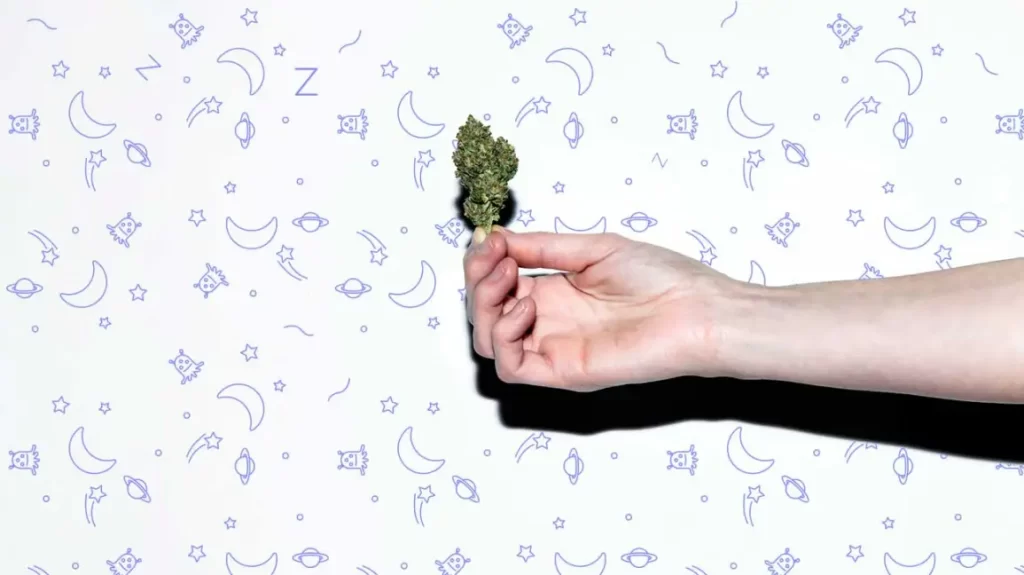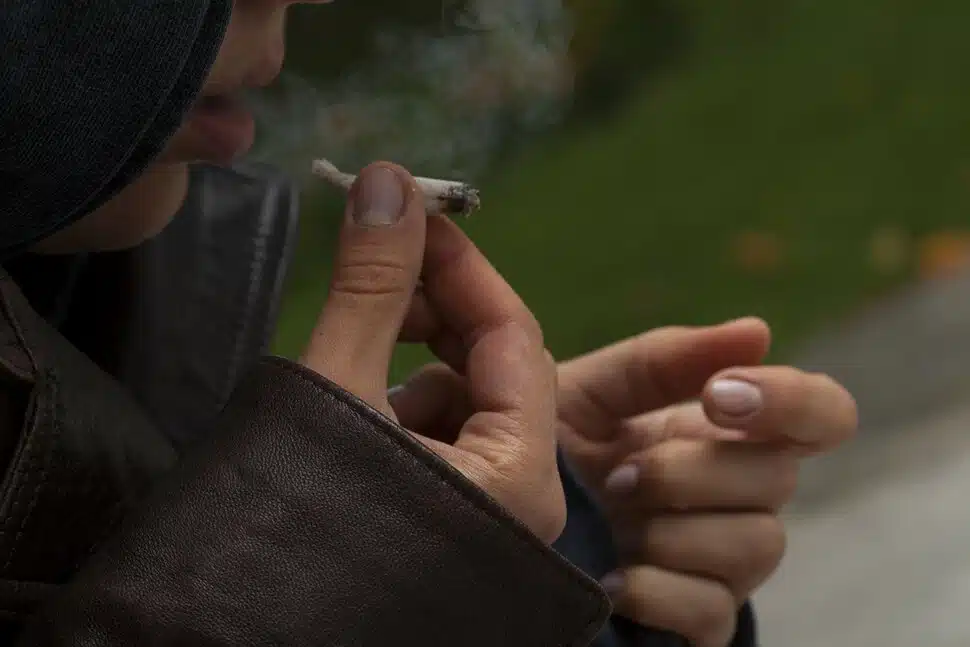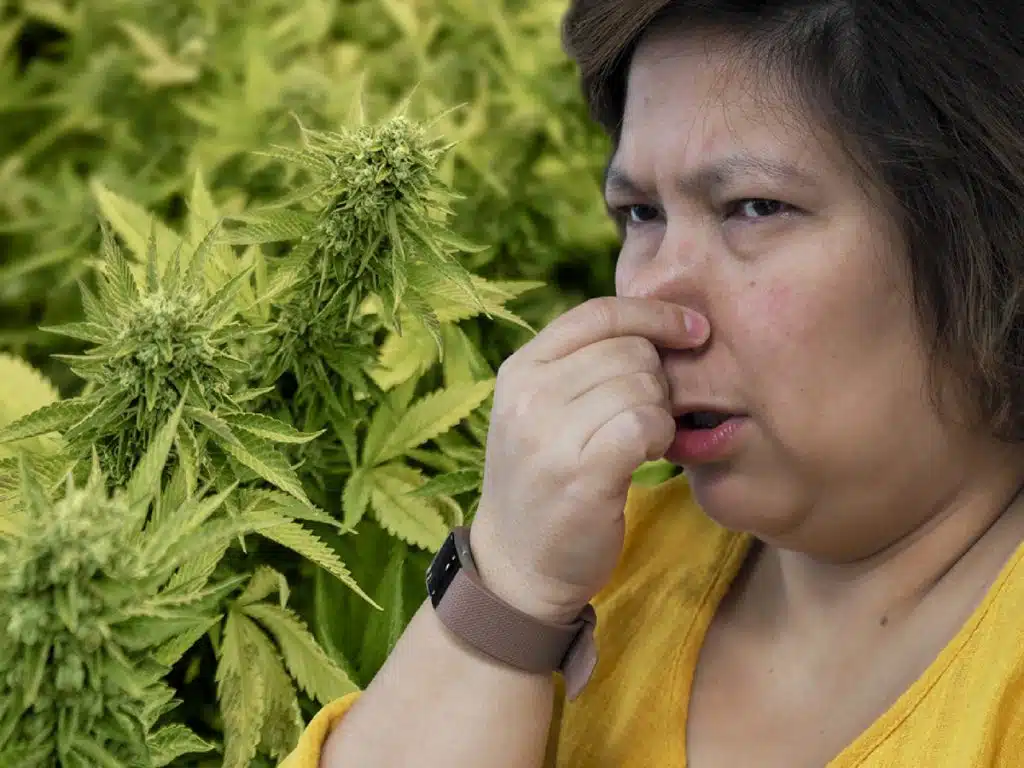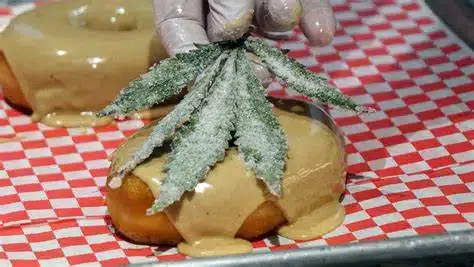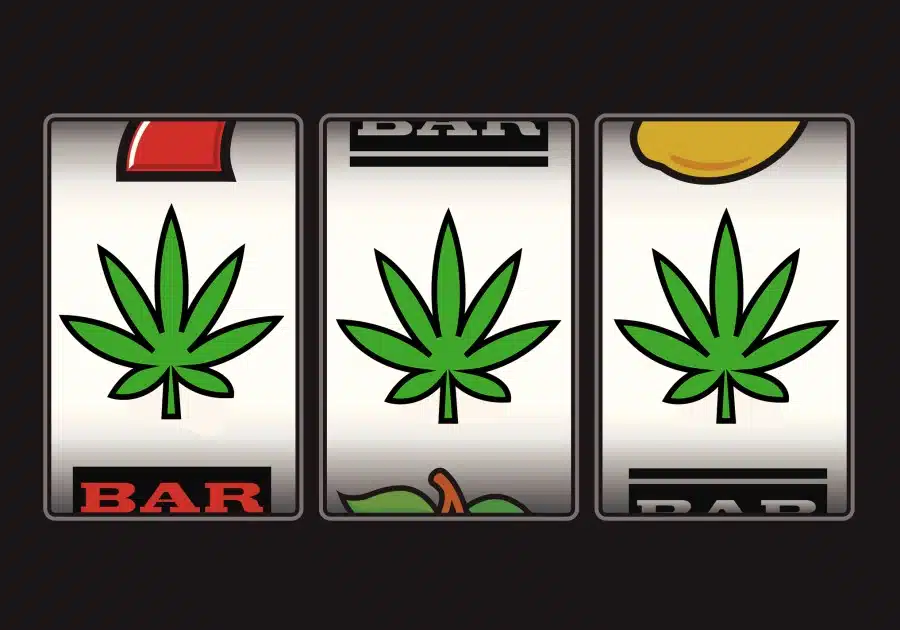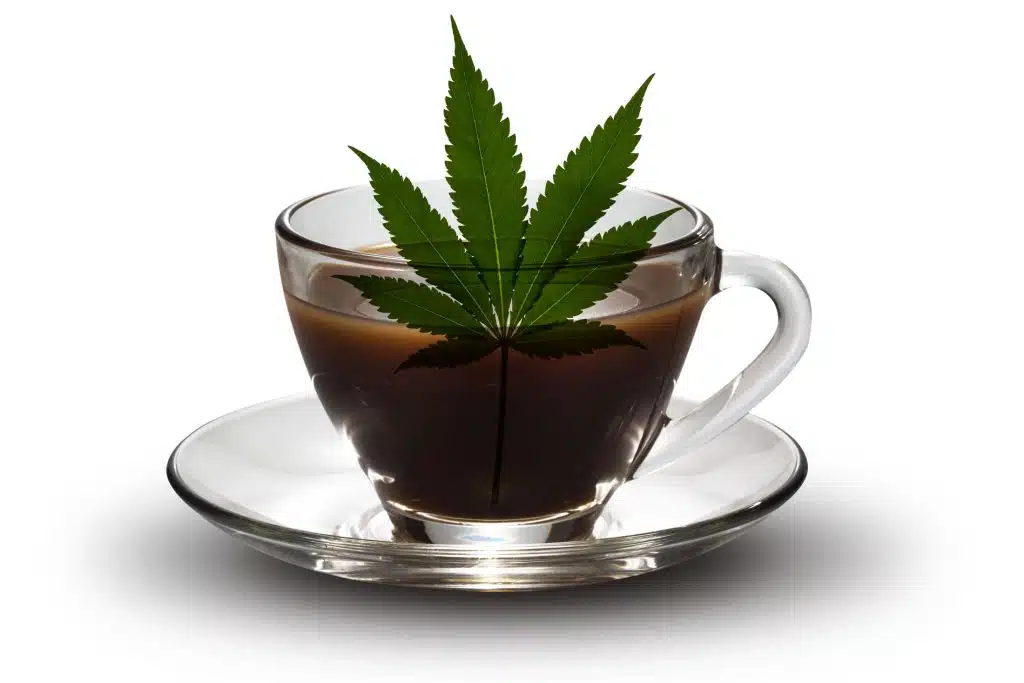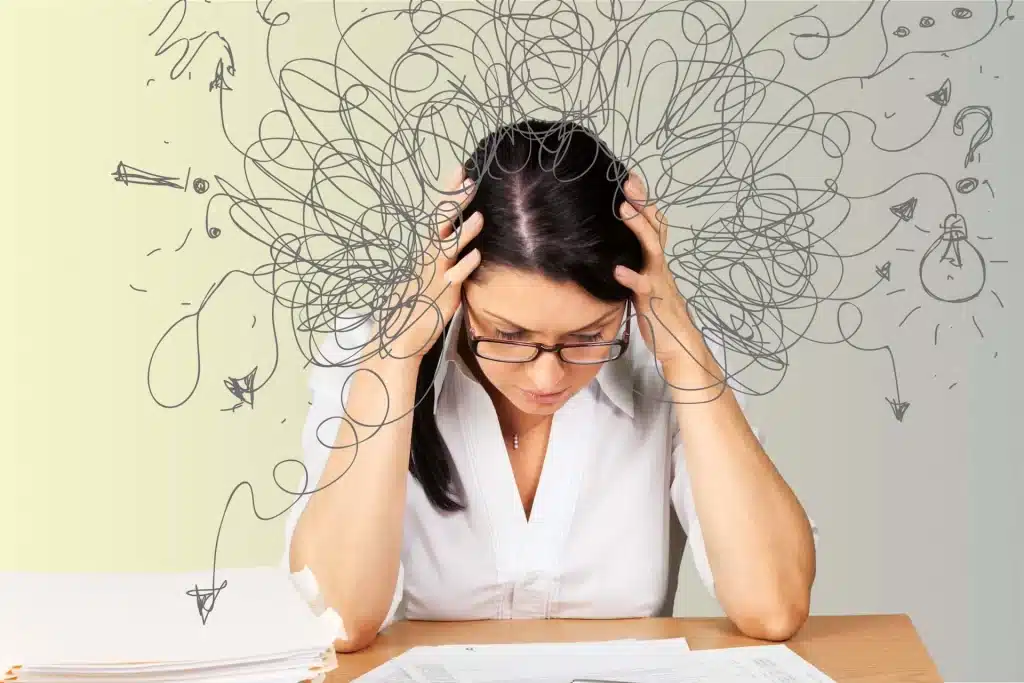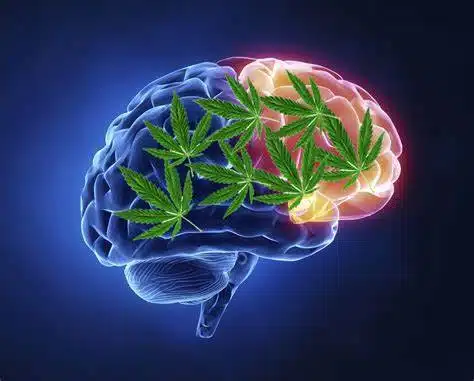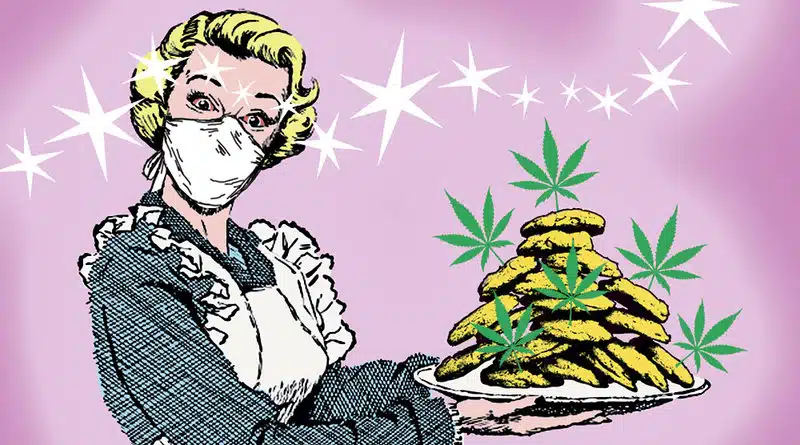How To Cope With Weed Withdrawal
How To Cope With Weed Withdrawal
What are weed withdrawal symptoms? What should you do to cope when you have no weed? How can you avoid the short- and long-term effect of quitting weed anxiety? Let’s commit to learning the signs of weed withdrawal and refuse to quit on this important guide to the dreary days when your stache is empty.
What Are Weed Withdrawal Symptoms?
Do you have any experience with withdrawal symptoms? Quitting anything can be quite an undertaking that takes months, even years to fully overcome. Turning a new leaf on our daily habits – both healthy and unhealthy – can be equally difficult because of the nature of habitual behavior. Habits form over time not always out of necessity but often result from association with certain people or as reactions to certain stimuli. Can you imagine trying to break a habit that’s been hardwired into your brain? It can be incredibly difficult to resist the temptation to return to old behaviors after quitting something. That’s why it can be so helpful to make a fresh start by changing our daily habits. It can be difficult to break old habits, but with determination and support, we can make it happen. What would it be like to try to break a habit that’s been hardwired into your brain? It can be incredibly difficult to resist the temptation to return to old behaviors after quitting something. That’s why it can be so helpful to make a fresh start by changing our daily habits. It can be difficult to break old habits, but with determination and support, we can make it happen.
Think about how smoking tobacco products can start out – usually with friends or family. We might see others smoking, and then feel the urge to do it ourselves. Before we know it, we’re smoking a pack a day! Caffeine dependence can also start out the same way – we might be struggling with low energy levels, and who else is there to help us out?
Marijuana is a unique habit in that it can have negative connotations with smoking, but in general, cannabis has profound positive effects on mental, physical, and spiritual wellbeing. Even chronic smokers can benefit from the myriad effects that cannabinoids and terpenes have on your mind and body. The risks of smoking anything cannot be ignored, and nor can the dangers of excessive vaping or even unhealthy ingredients that might be in some edibles. However, taken as a whole, cannabis can improve your health and help you to maintain a healthy balance if you manage your consumption properly.
If you don’t keep a healthy balance of cannabis in your life, you could experience a range of withdrawal symptoms. Some of these symptoms, such as anxiety, lack of energy, and insomnia, are common, but others, like experiencing different kinds of food cravings, are more specific to each person’s individual weed habit. If you stop using cannabis altogether, you might experience a host of different symptoms, some of which are more common and some which are more specific to people who don’t regularly use cannabis.
There’s a link between lack of sleep and a host of other problems. It’s not just about being tired; it’s about not being able to get a good night’s sleep. That’s not healthy for you or for your relationships.
There’s nothing quite as unsettling as feeling anxious or fearful. It can be debilitating and make everyday tasks feel impossible. Fortunately, there are a variety of treatments available to help alleviate anxiety and fear.
Depression, sadness, and moodiness can be incredibly debilitating and uncomfortable.
Your body temperature is constantly fluctuating, and you’re constantly sweating. This indicates that you’re feeling very uncomfortable.
You may feel tired and listless, as if you don’t have the energy to go on.
There can be a severe lack of interest or pleasure in activities that are usually enjoyed, known as anhedonia or dysphoria.
You may feel a sense of nausea and cramping as your body rejects the food.
A loss of appetite is a common side effect of chemotherapy.
The different symptoms of withdrawing from weed can vary a lot from person to person, but they usually only happen in very rare cases. While caffeine, alcohol, and tobacco withdrawals can be very different, cannabis withdrawal symptoms are processed through our endocannabinoid system in a way that is not as addictive. Opioids, alcohol, and caffeine are some of the most addictive substances on the planet, and unfortunately millions of people have become hooked on them.
Cannabinoids like THC and CBD don’t have the same effect on you as other substances. For example, drinking coffee in the morning can relieve pain, anxiety, and insomnia, but stopping use of these cannabinoids doesn’t cause a strong craving response like cigarettes, alcohol, or other drugs. If you’ve been using these cannabinoids for a long time, stopping suddenly may cause changes in your mood and behavior, but this is more likely due to the change in your quality of life – for example, being more rested, focused, and energetic.
While weed withdrawal symptoms can be serious, it’s important to remember that cannabis is not as addictive as other substances. Numerous studies have shown that cannabis is not addictive, and the myth that it is persists mainly because of the opposition of anti-cannabis advocates. What users really crave is the psychoactive effects of the drug, which is what most people find most satisfying.
Maintaining control over your withdrawal symptoms is key when going through this process, and there are many ways to do so without the need for medication or other substances. The key is to have the willpower to fight through the discomfort.
How To Cope With Weed Withdrawal
Weed withdrawal can be difficult for some, but many cannabis users habitually start and stop using the drug whenever they feel like they’re getting too reliant. Regardless of how much you need the drug, you can manage weed withdrawal symptoms without having to quit cannabis altogether. Sometimes a short break is all you need, or you might prefer to try different types of marijuana products in order to have better experiences with the drug in the future.
If you’re having trouble changing up your weed habits or quitting weed altogether, you may be experiencing a more severe form of weed withdrawal: cannabis withdrawal syndrome. CWS – cannabis withdrawal syndrome – is common in people with high tolerances for cannabinoids and who consume weed frequently and in high doses. When you suddenly stop consuming these high levels of THC, CBD or other active compounds, your brain chemistry can change and result in more extreme symptoms of withdrawal.
CWS is not dangerous to your health, but it can cause emotional changes that last for days or even weeks. Most cases of CWS don’t require much treatment, just reintroducing cannabis into your system. If you are experiencing weed withdrawal symptoms, however, we recommend not quitting cannabis altogether, but rather using other methods to manage the symptoms.
Switching up your cannabis habits can help you avoid many withdrawal symptoms. This might mean quitting smoking cannabis – which can be difficult – or it could lead you to eat less edibles in favor of dosing cannabis oils. Simply changing the way in which you consume cannabis, how much weed you dose at a time, or reducing the frequency of your weed habits can help you to avoid many symptoms.
Keeping track of your weed habits can help you to control your intake and improve your overall cannabis experience. By writing down what strains/products you are using, how much you are taking, and how they make you feel, you can get a better understanding of your habits and make more informed decisions about how much weed to use.
By using Co-stan-za, you can easily prevent cannabis withdrawal from taking over. George Costanza’s strategy of reversing his natural instincts can help you to succeed when facing a lack of weed or an abundance of it.
If you’re a regular THC smoker, try switching to high CBD oil to get the most benefits. If you rely on CBD gummies to sleep, try using a full-spectrum oral spray that contains THC, CBD, CBG, CBN and THCV to get a better night’s sleep. Cannabis has a lot of potential benefits that can be improved by mixing up the compounds you’re used to. You might even realize that your reliance on THC or CBD has become unhealthy when you make this switch. Change is usually a good thing, and you can do it yourself by taking a proactive approach to managing your cannabis habits.
Conclusion
If you are interested in cannabis, check out Ganja West online dispensary at ganjawest.co and pick up some bud!
